TUC: AI workers should help reverse pension age increase
Workers have yet to reap the rewards of automation, says TUC
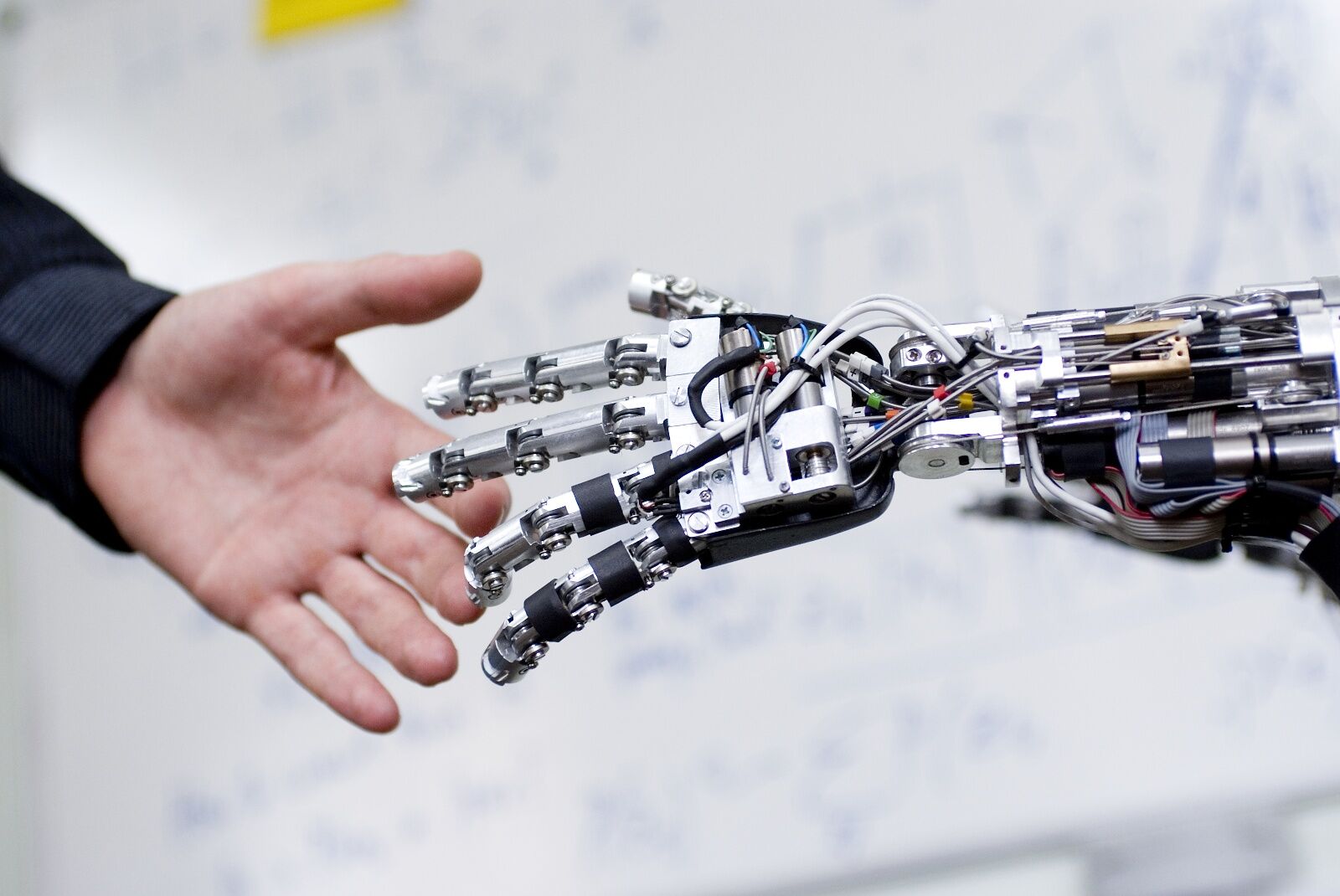
The benefits gained from the adoption of AI in the workplace should be used to improve work conditions and reverse proposed changes to the state pension age, according to the Trades Union Congress (TUC).
Historically, the rewards of automation, such as higher productivity and lower operating costs, have only benefitted owners and senior leadership rather than the entire workforce, argued the federation, which represents more than 50 unions in England and Wales.
In the Shaping Our Digital Future report, published on Monday, the TUC argued that although the workplace has seen significant disruption through digitisation and the use of robotics, workers have not been equipped to deal with the change.
Almost one in three workers were employed in manufacturing in the 1950s, the report said,, while one in twelve worked in professional and technical services.
These figures have since reversed, according to the report, but industrial-based roles lost through automation have not been replaced by jobs of similar quality, and wages in that sector remain 10% below the national average.
GDP could be 10% higher in 2030 due to benefits from AI, outlines research by PwC quoted in the report, and TUC argued that this could be used to help reduce the need for employees to work into their late 60s.
"With the UK failing to make productivity gains in the last decade, we need to make the most of the economic opportunities that new technologies are offering," said TUC general secretary Frances O'Grady. "Robots and AI could let us produce more for less, boosting national prosperity. But we need a debate about who benefits from this wealth."
Sign up today and you will receive a free copy of our Future Focus 2025 report - the leading guidance on AI, cybersecurity and other IT challenges as per 700+ senior executives
Proposals to increase the state pension age to 68 were controversially brought forward seven years to 2037 and 2039, expected to affect seven million people in their 30s and 40s.
Revenue generated from automation could be used to reverse this policy, according to the TUC, as well as allow businesses to improve pay and working conditions for their employees.
"Robots are not just terminators," added O'Grady. "Some of today's jobs will not survive, but new jobs will be created. We must make sure that tomorrow's jobs are no worse than today's. They must provide fulfilling work, with good pay and conditions."
Dale Walker is a contributor specializing in cybersecurity, data protection, and IT regulations. He was the former managing editor at ITPro, as well as its sibling sites CloudPro and ChannelPro. He spent a number of years reporting for ITPro from numerous domestic and international events, including IBM, Red Hat, Google, and has been a regular reporter for Microsoft's various yearly showcases, including Ignite.
-
 Microsoft wants to replace C and C++ with Rust by 2030
Microsoft wants to replace C and C++ with Rust by 2030News Windows won’t be rewritten in Rust using AI, according to a senior Microsoft engineer, but the company still has bold plans for embracing the popular programming language
-
 Google drops $4.75bn on data center and energy firm Intersect
Google drops $4.75bn on data center and energy firm IntersectNews The investment marks the latest move from Google to boost its infrastructure sustainability credentials
-
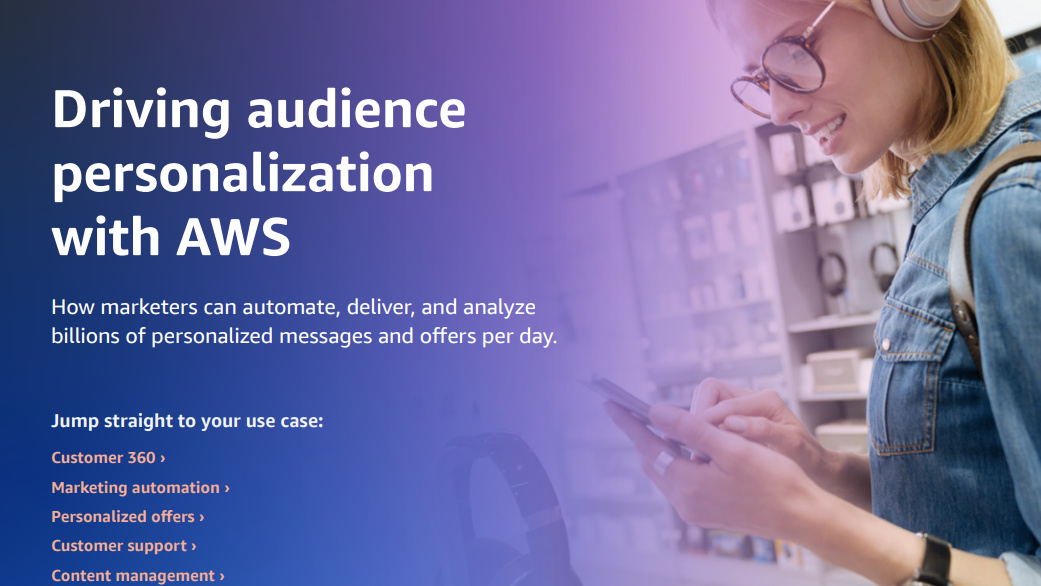 Automate personalization with AWS
Automate personalization with AWSWhitepaper How marketers can automate, deliver, and analyze billions of personalized messages and offers per day
-
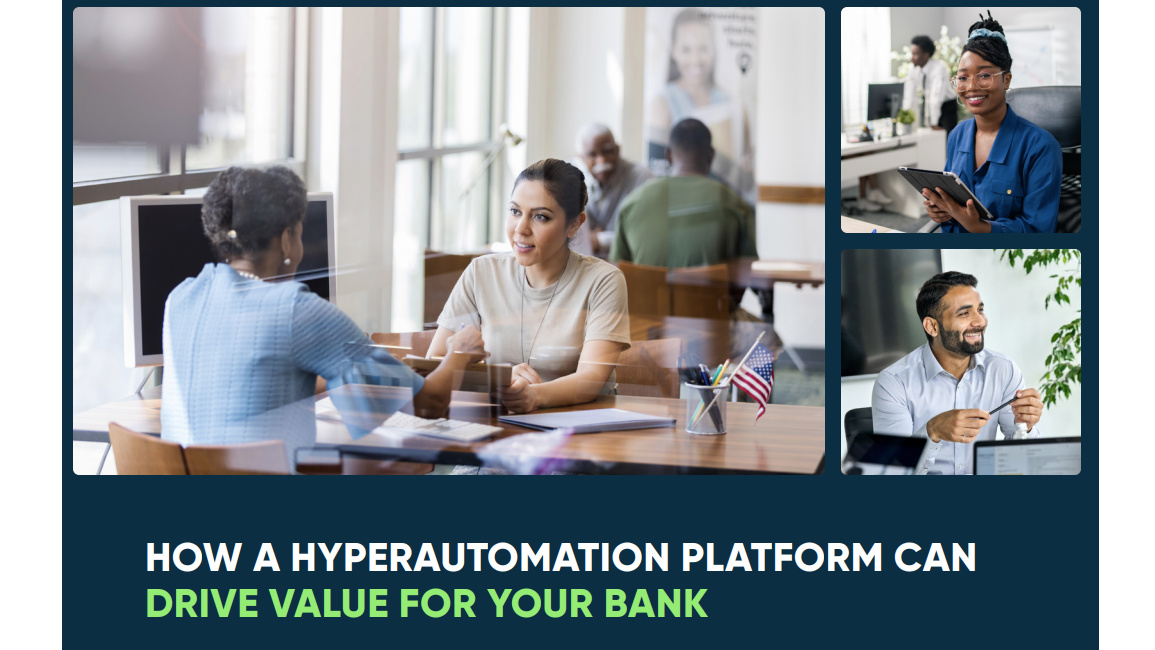 How a hyper-automation platform can drive value for your bank
How a hyper-automation platform can drive value for your bankWhitepaper Five ways automated processes can drive revenue and growth
-
 Appian wants to be the AI company for AI skeptics
Appian wants to be the AI company for AI skepticsAnalysis The firm outlines its AI strategy at Appian World 2023 while using ChatGPT and Midjourney to create scripts and imagery for keynote presentations
-
 Workday hit with claims its AI hiring systems are discriminatory
Workday hit with claims its AI hiring systems are discriminatoryNews An African American plaintiff has alleged that Workday's systems prevented him from being hired on the basis of his race, age, and mental health
-
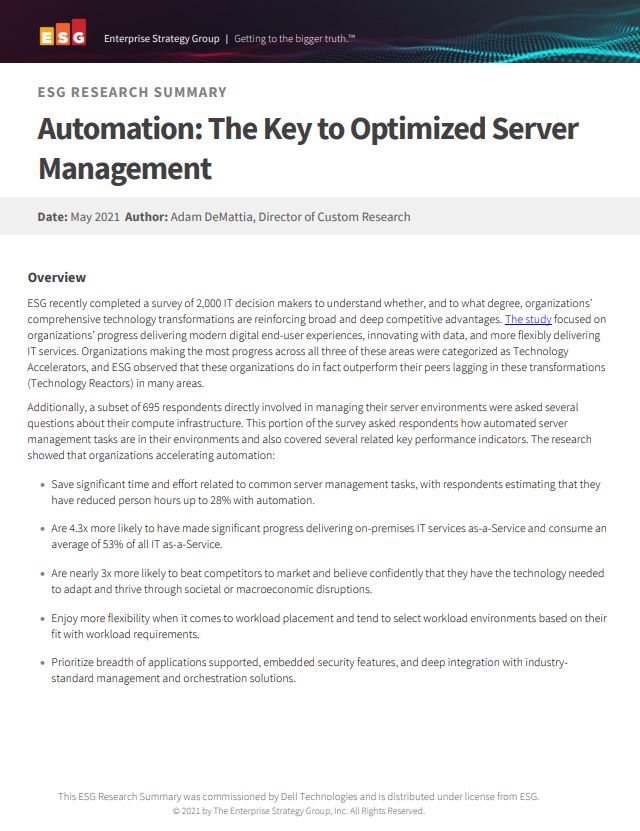 Automation: The key to optimised server management
Automation: The key to optimised server managementWhitepaper Deliver modern digital end-user experiences, innovate with data, and more flexibly deliver IT services
-
 Drive digital transformation with IBM process mining
Drive digital transformation with IBM process miningWhitepaper A process discovery, analysis and monitoring technique to help businesses succeed throughout the entire DX journey
-
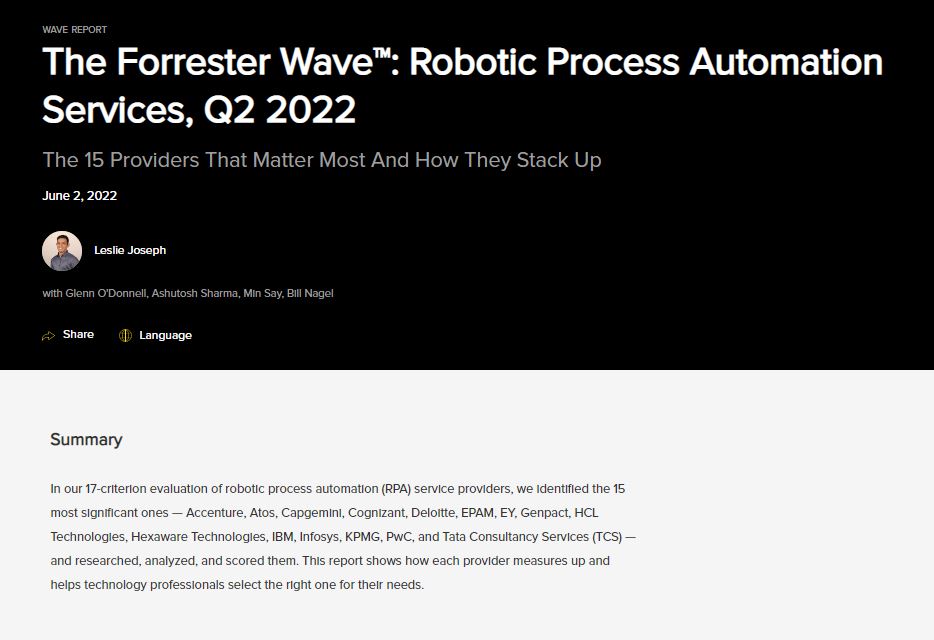 The Forrester Wave™: Robotic Process Automation Services
The Forrester Wave™: Robotic Process Automation ServicesWhitepaper The 15 providers that matter most and how they stack up
-
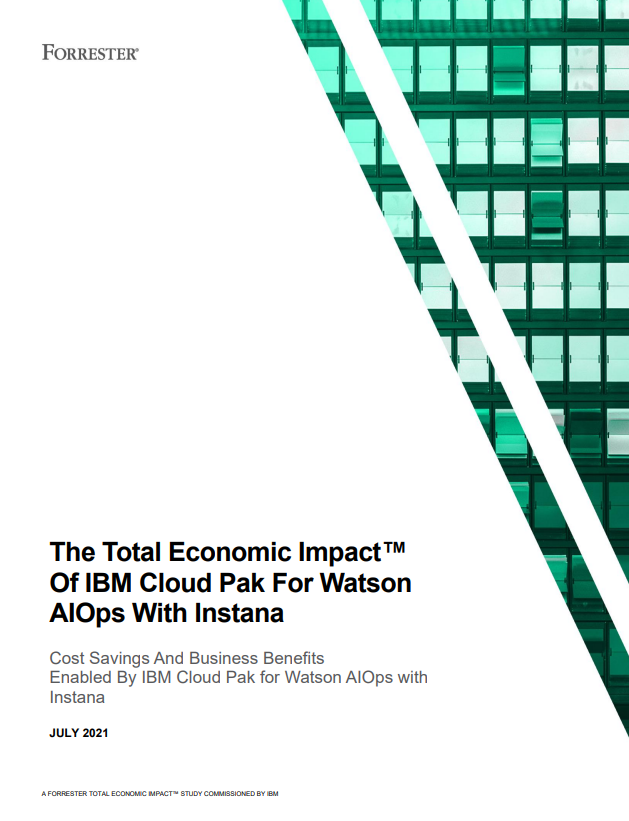 The Total Economic Impact™ of IBM Cloud Pak® for Watson AIOps with Instana
The Total Economic Impact™ of IBM Cloud Pak® for Watson AIOps with InstanaWhitepaper Cost savings and business benefits